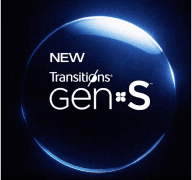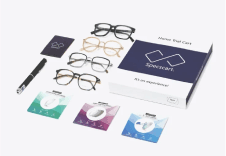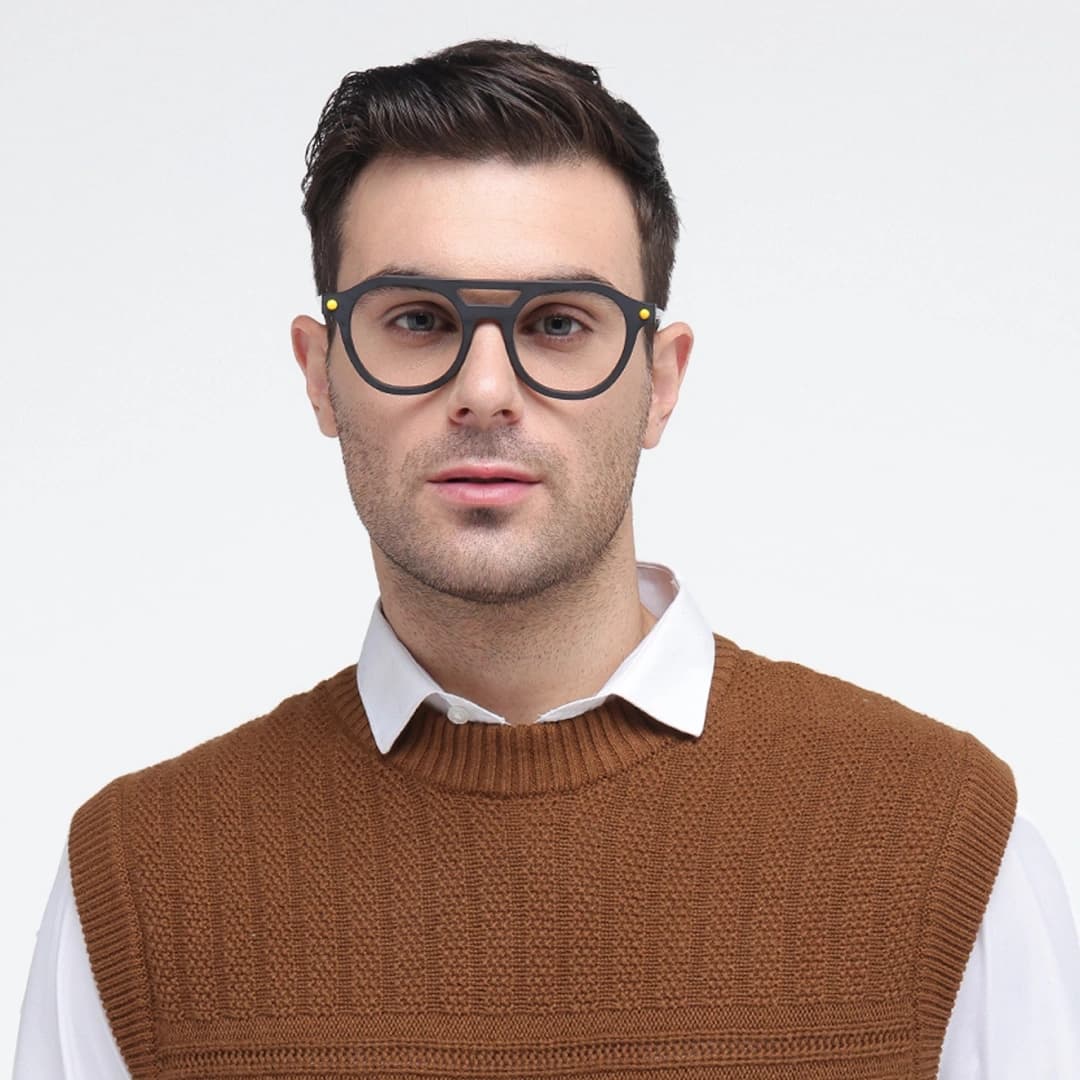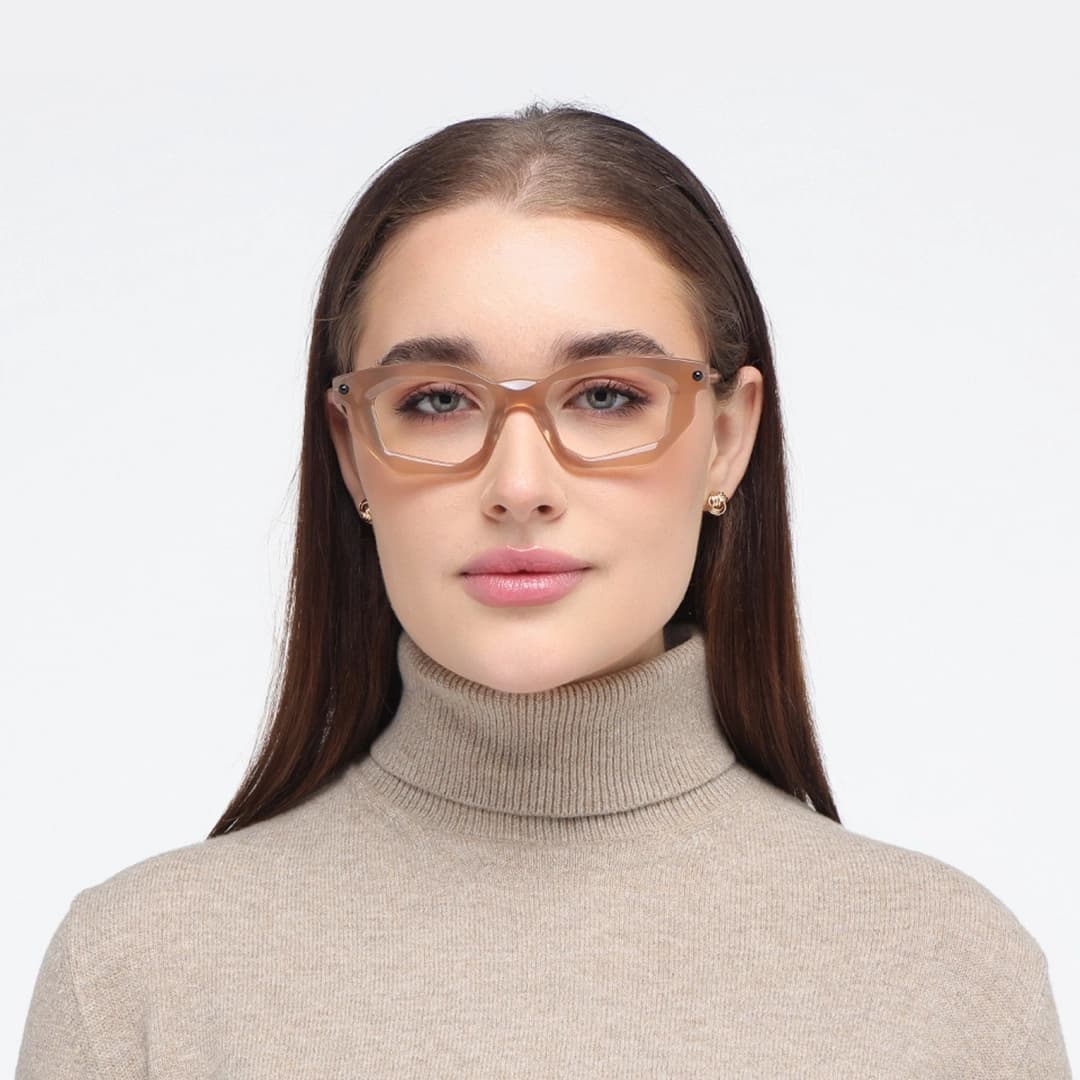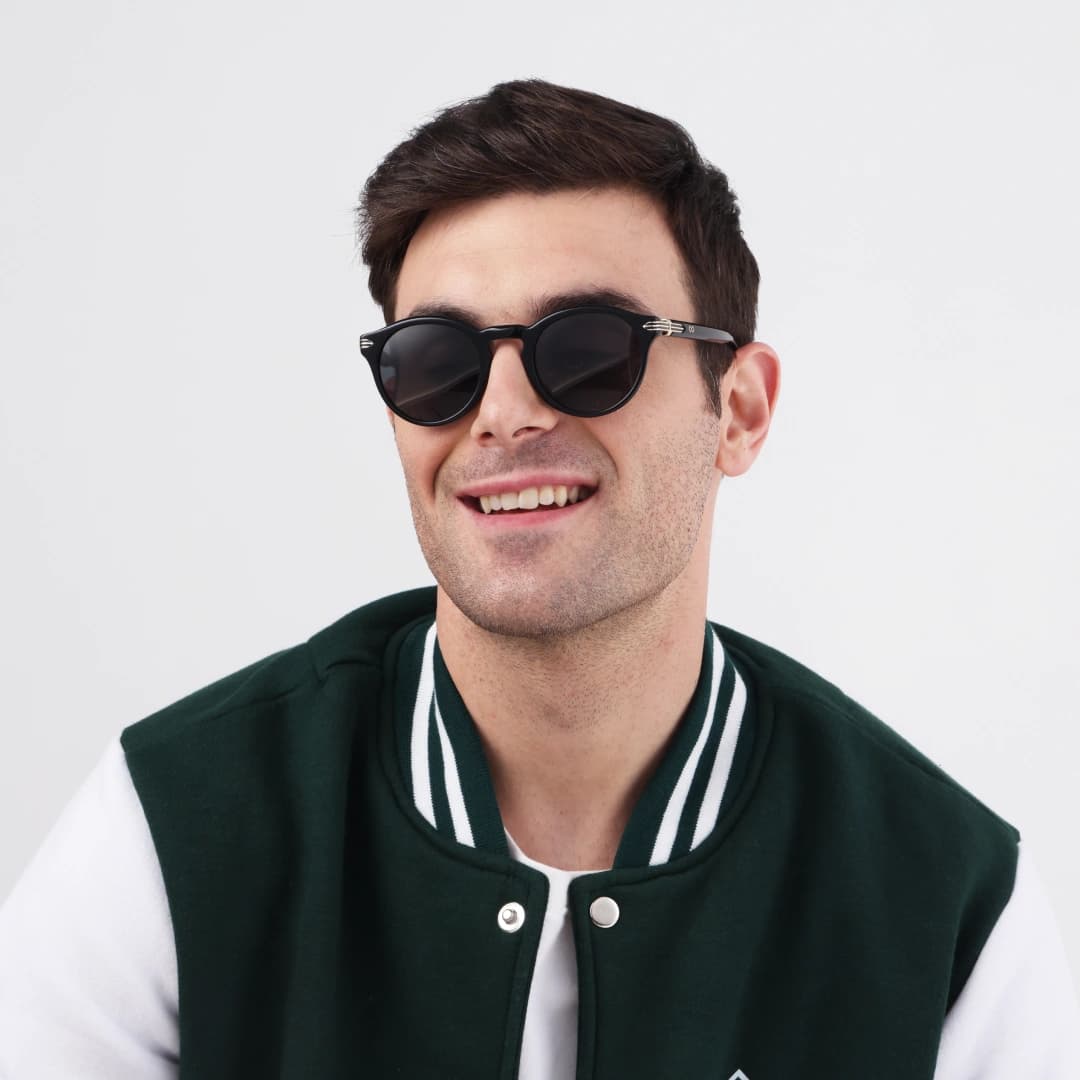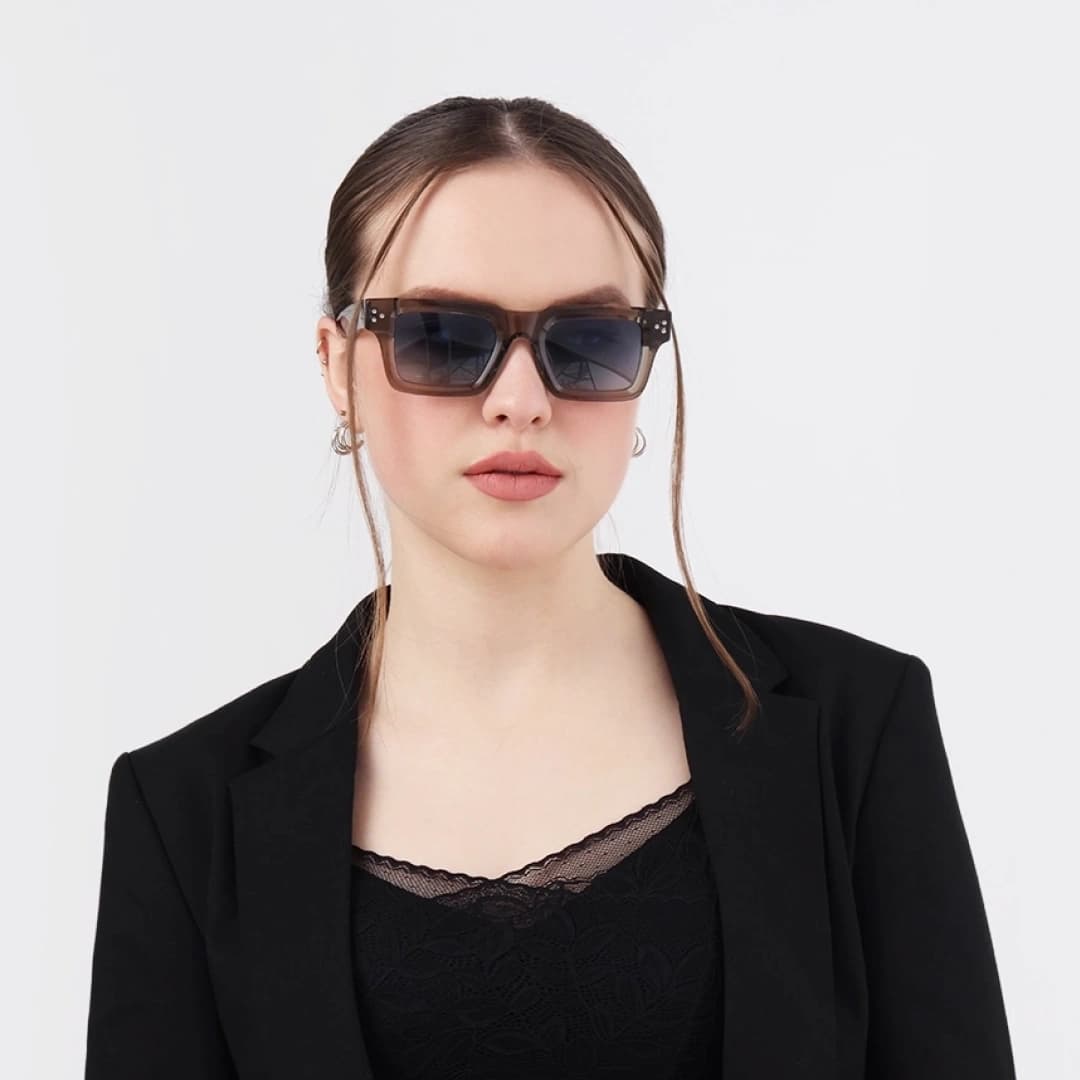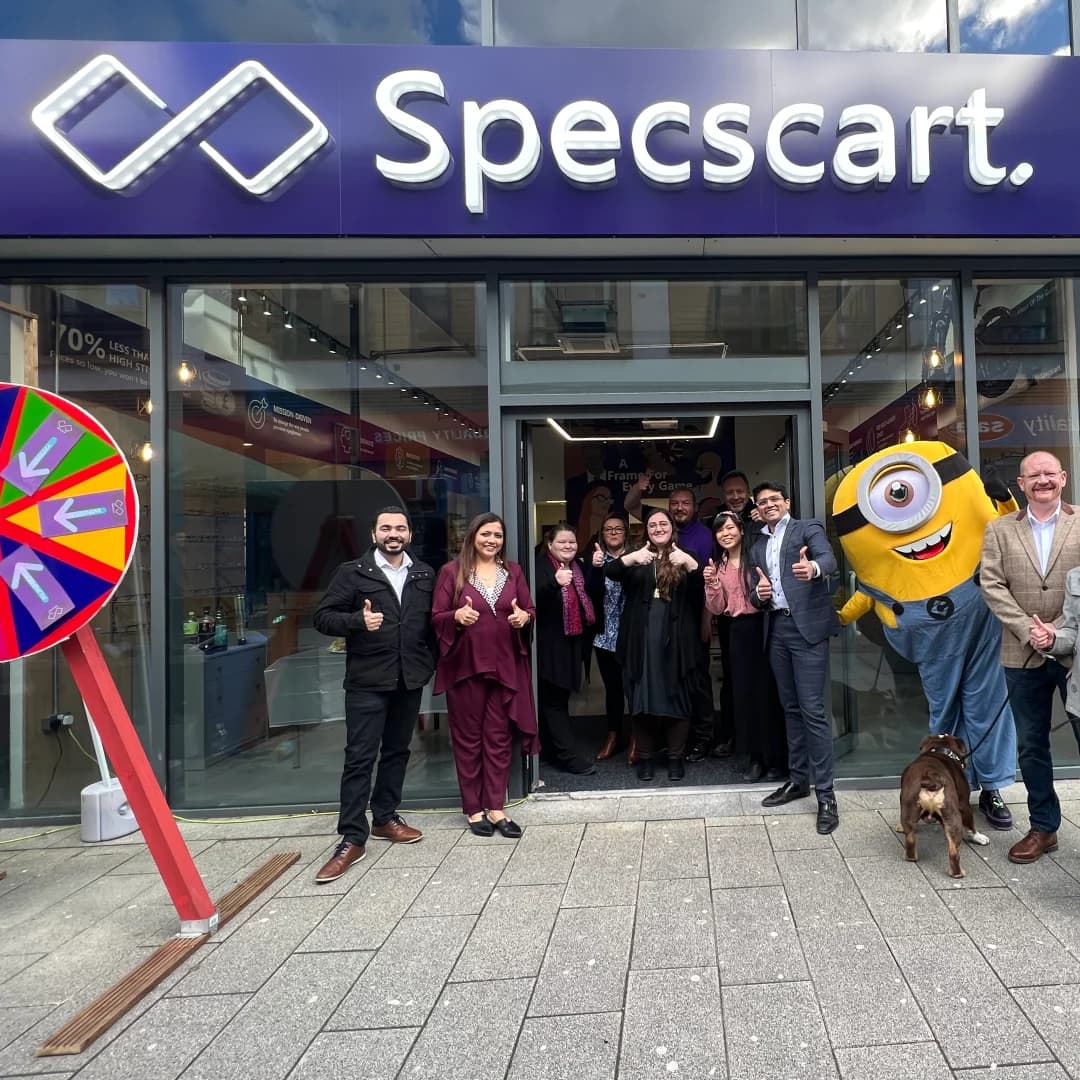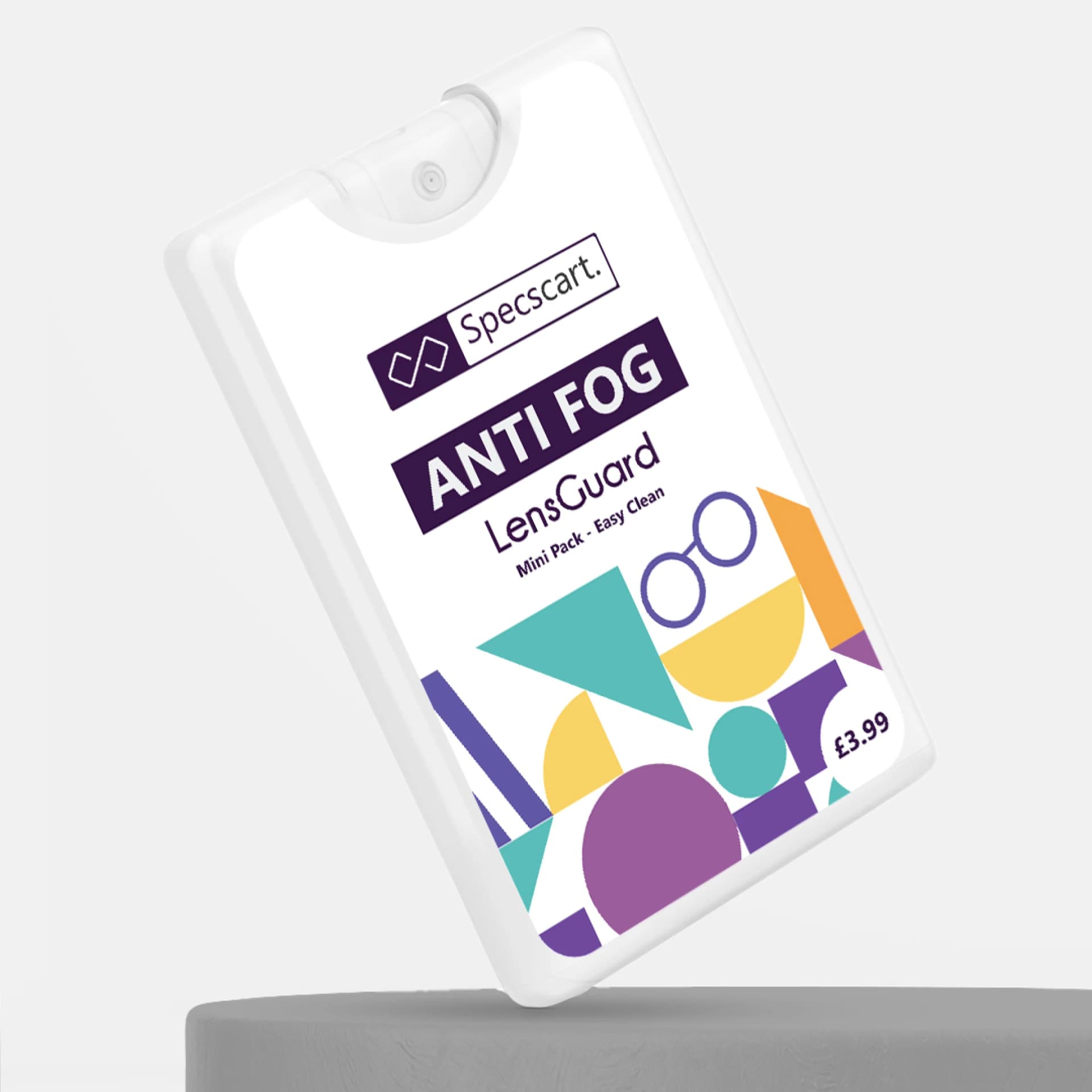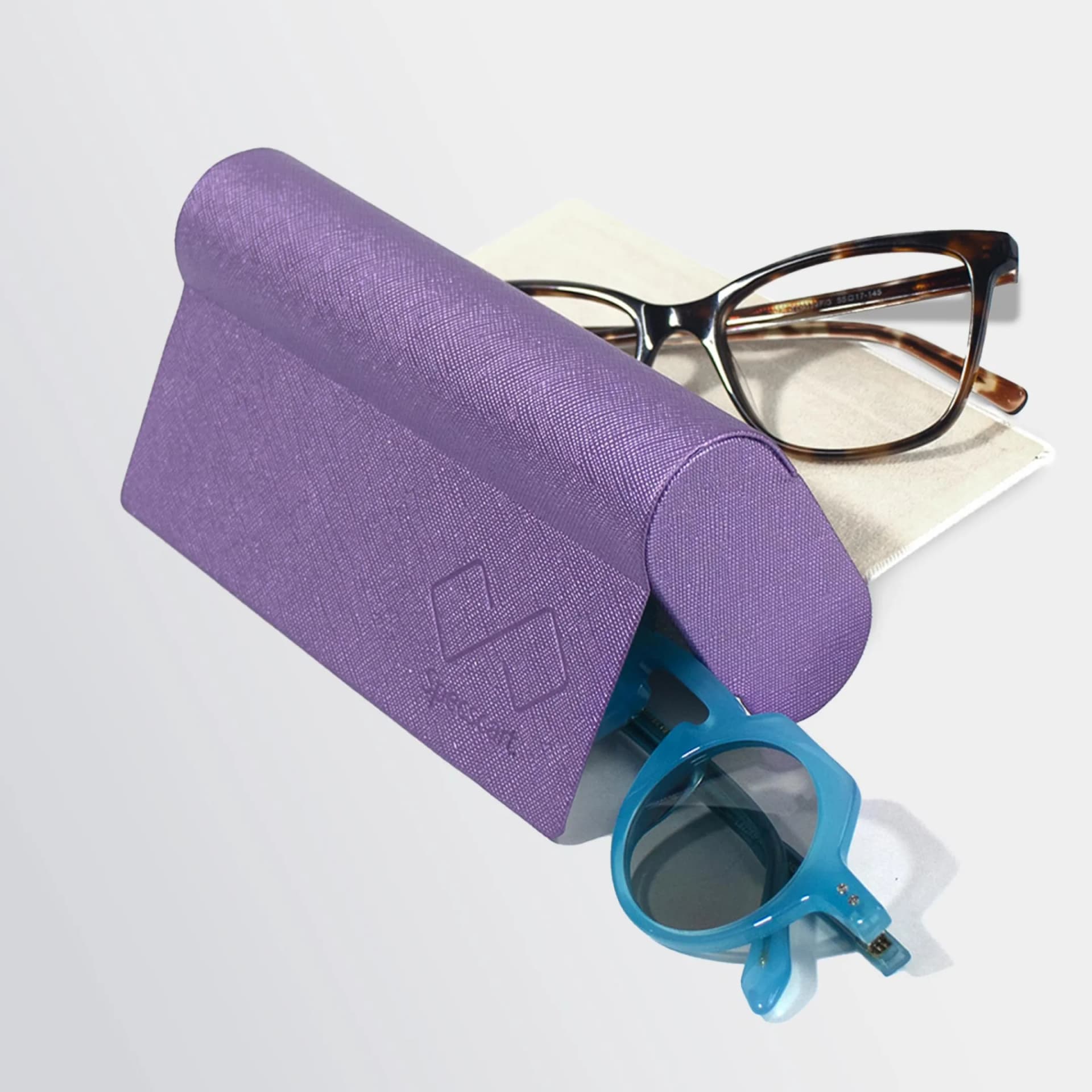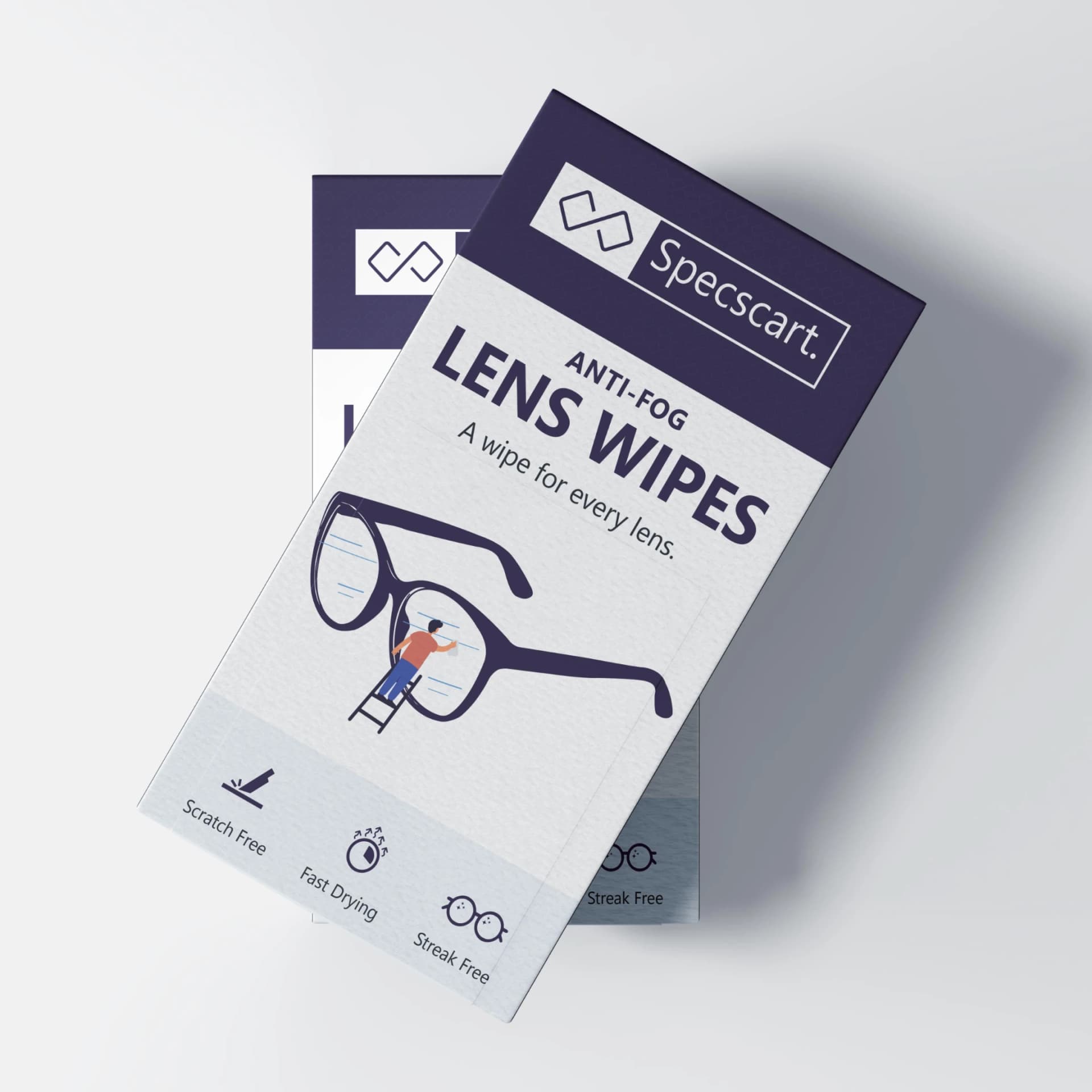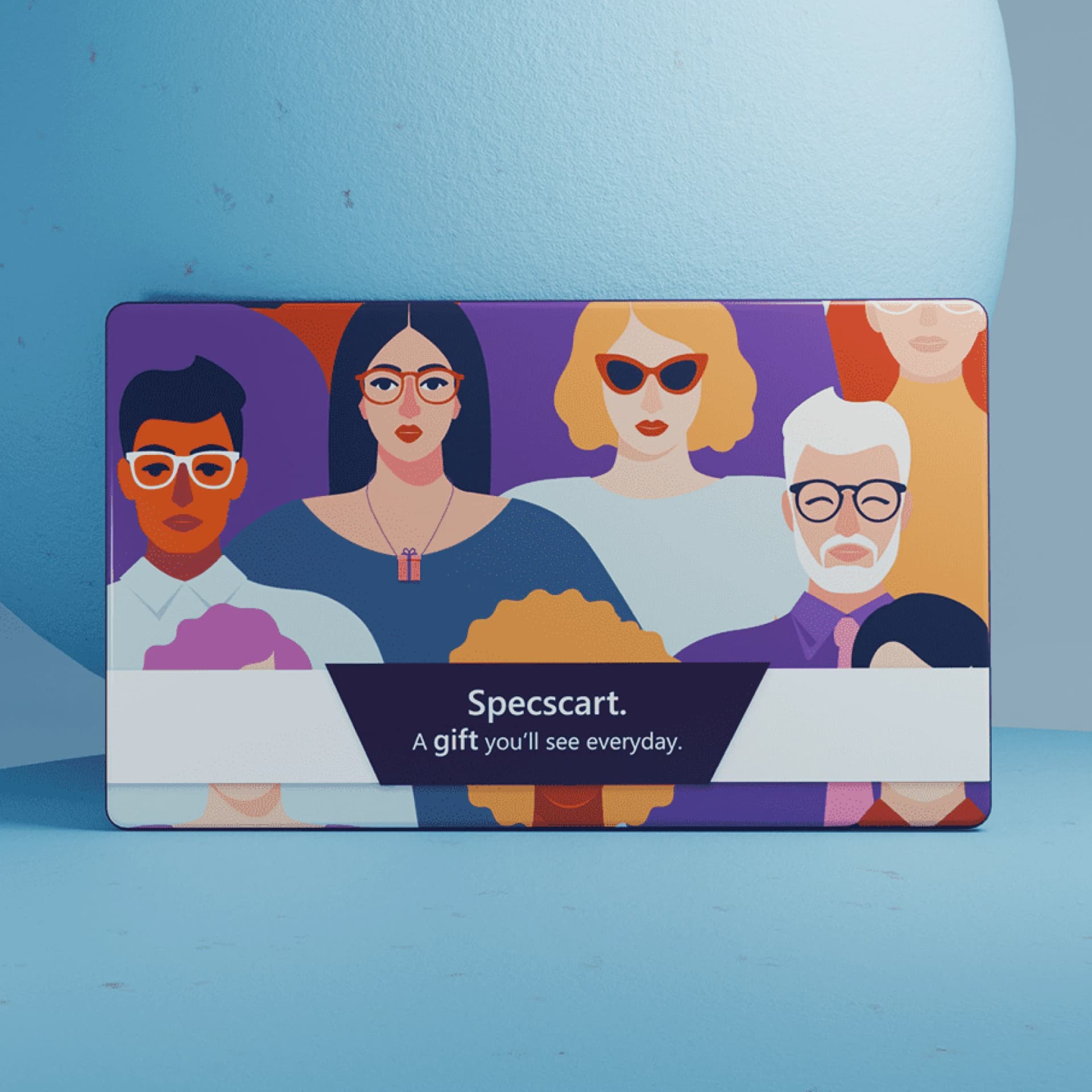100% UV Protection Sunglasses - All You Need To Know!

Content Manager
You never skip applying sunscreen before stepping out but what about your eyes? Yes, we know, you wear sunglasses but what if they don’t offer 100% UV protection? Nowadays, sunglasses are not just a mere fashion accessory but play quite an essential part in protecting our eyes. Therefore, you must check that your sunglasses offer UV protection.
Excessive stay under the sun will not only give you a tan but can cause some serious issues. Eye problems like cataracts, macular degeneration and skin cancer can be caused due to excessive exposure to UV light. If you want to check if the pair you already own has UV protection or not, then check the label that says "100% UV protection" or "UV400," which indicates they block both UV-A and UV-B rays. Wanna know more? Stick till the end with us to get all the necessary information about 100% UV protection Sunglasses.
Why Do You Need UV Protection Sunglasses?
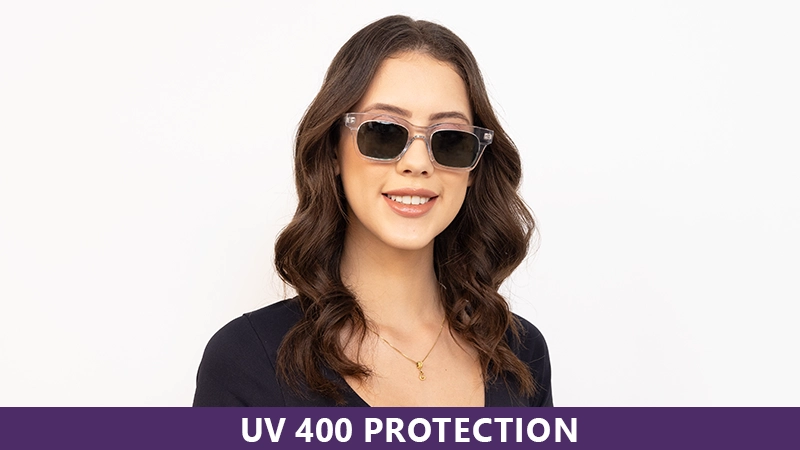
Since childhood, we have been taught that the sun is the source of warmth and light that makes life possible on earth. But the lesser known fact about the sun is that it can cause some serious issues to our eyes. There are three types of UV rays - UV-A, UV-B, and UV-C. UV-C rays are absorbed by the ozone layer, so we don't have to worry about them.
Whereas, UV-A and UV-B rays pass through the atmosphere and can wreak havoc on our eyes and skin. And, it's not just the sun that emits these rays, but also everyday machinery like tanning beds, welding machines, and lasers.
Now, if you're someone who loves to bask in the sun for hours, you might want to pay attention now. The damage caused by these rays can lead to some serious eye issues, let’s have a quick look -
- Cataracts - This is an eye condition where the natural lens in the eye turns cloudy, leading to hazy vision and increased sensitivity to light.
- Macular Degeneration -An age-related eye problem that damages the retina and can lead to vision loss.
- Pterygium - A non-cancerous growth that gradually covers the white region of the eye, causing irritation and a risk of disfiguring the eye.
- Skin Cancer - The delicate area around the eye can also lead to skin cancer when exposed to too much sunlight.
- Photokeratitis - It is a painful eye condition caused by exposure to UV rays, which can lead to inflammation, redness, headaches, and even temporary loss of vision.
Do all Sunglasses Come with 100% UV Protection?
Though most of the sunglasses and glasses come with UV Protection, it is still essential to check if the pair you are investing in have 100% UV protection. Even your regular prescription glasses should have an anti-UV coating that offers protection against harmful UV rays as you wear them for the longest part of your day. Similarly, make sure to check UV protection for any pair of sunglasses you buy whether polarised or simple.
Is 100% UV Protection the Same as Polarisation?
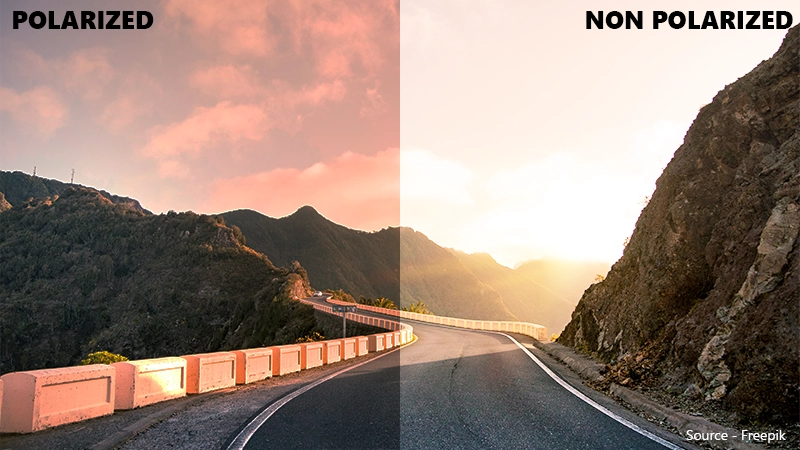
Let's talk about polarised sunglasses and 100% UV protection sunglasses, two heroes in the world of eyewear.
SUV Protection means the ability to block UV rays coming to our eyes. Whereas, polarisation means reducing the glare caused by light reflected by various surfaces like water, snow and roads. They offer improved depth perception and a comfortable vision around these surfaces. UV coating is something completely different and while most polarised sunglasses come with UV protection, you should make sure to confirm it before buying.
How to Test UV Sunglasses at home?
If you want to check your sunglasses then here is how you can do so.
The first way to check if your sunglasses are UV-protected is by checking the label. if the label says, 100% UV protection UV 400 labels then they are good to use and protect against UVA and UVB rays.
The next thing you can do is get it to us at the Specscart store. We are here to help you. Our optometrist will check and let you know if your favourite pair of glasses is protected or not. Meanwhile, if you have any discomfort or vision problems, you can also get a FREE eye checkup done.
Last but not least, you can make use of your UV pen to check the same. When you put a UV pen on the lenses, and it passes then it is not UV protected. Whereas, if the light does not pass and gives a faint blue-purple glow that means they are good for your eyes.
How Long Does UV Protection Last on Sunglasses?
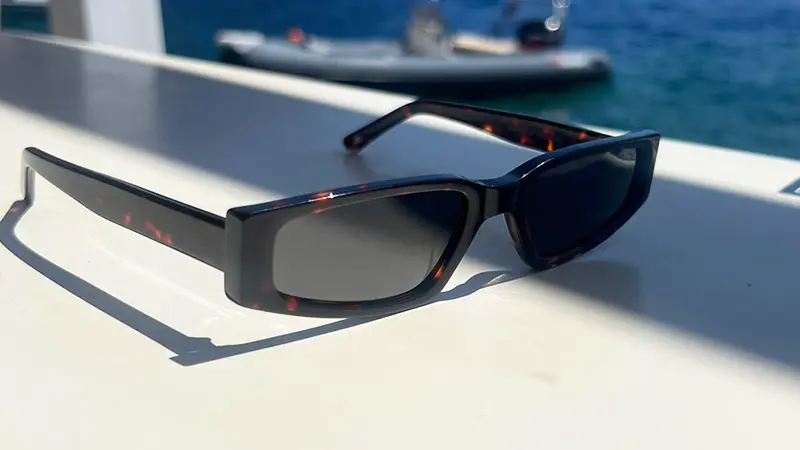
Your sunglasses can easily offer UV protection for a couple of years considering you are using them regularly. It can also increase if you use your sunglasses less frequently. However, according to studies, it’s suggested to change your sunglasses every two years as they lose their ability to offer complete protection against harmful UV rays after that.
Wrapping It Up
After reading everything about UV rays, you might have understood how important is to wear and invest in the right sunglasses. 100% UV protection will keep your eyes safe and healthy for long. At Specscart, we offer UV protection as standard in any pair of glasses or sunglasses that you buy without any additional charges. If you’d not buy a car without airbags, then why buy glasses without UV protection?
Caution: You may become style obsessed
Your way finder
2000+ Trendy Styles

Fashion Forward Sunnies



















